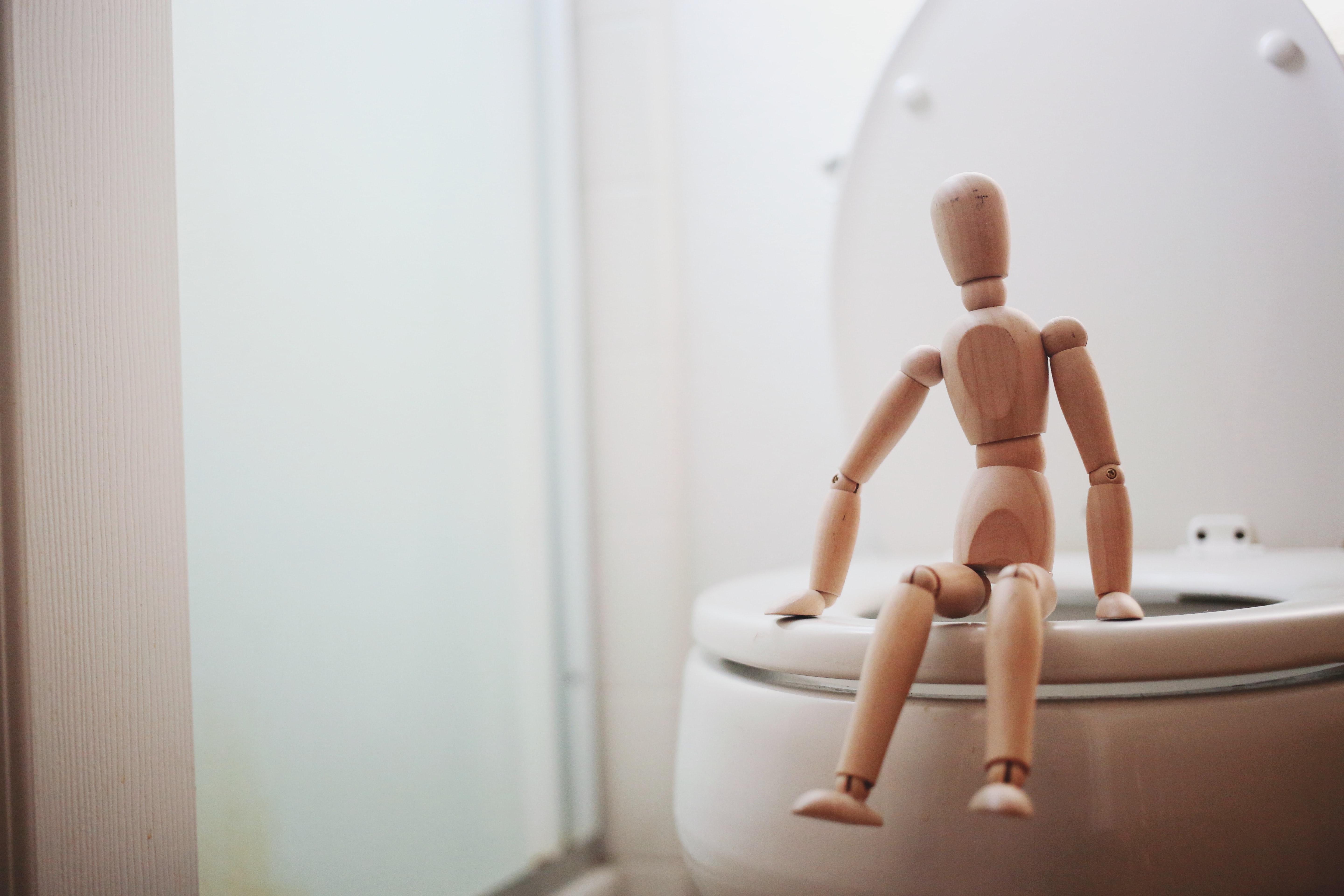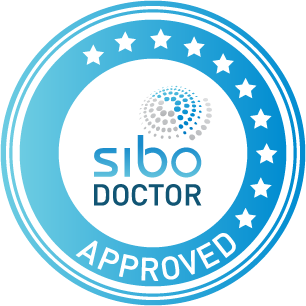It is rare these days that I come across people who are not experiencing some sort of digestive disturbance such as bloating, flatulence, burping, constipation, diarrhoea, IBS etc on a regular, if not daily basis.
 It is great to get symptomatic relief and many natural supplements can help achieve that short-term relief from feeling uncomfortable. I like to make clients feel more comfortable as soon as possible, but also to investigate the cause as to why they are having these symptoms to begin with. The long term aim – they should have a better functioning digestive system.
It is great to get symptomatic relief and many natural supplements can help achieve that short-term relief from feeling uncomfortable. I like to make clients feel more comfortable as soon as possible, but also to investigate the cause as to why they are having these symptoms to begin with. The long term aim – they should have a better functioning digestive system.
There are many reasons why our digestive function may not be working as optimally as it really should be. Do not discount the importance of a healthy functioning digestive tract. Our gut is responsible for immune health, absorbing nutrients, removing wastes/toxins and releasing neurotransmitters – only a few examples.
Some of the reasons why our tummy may not be as feeling as great as it should be:
- SIBO (Small Intestinal Bacterial Overgrowth);
- SIFO (Small Intestinal Fungal Overgrowth) and generalised yeast overgrowth (Candida);
- IBS – this can also be linked back to the root cause being SIBO – 40-84% of IBS is caused by SIBO;
- Large intestine bacterial overgrowth;
- IBD – Irritable Bowel Disease including Crohn’s and Ulcerative Colitis;
- Microbiome imbalance eg. good and bad bacteria not in their correct balance;
- Stress affecting digestion by slowing down everything – our body puts our digestive processes last in the list of importance when we are stressed. In particular less production of stomach acid and digestive enzymes occurs when we are feeling anxious, nervous or under pressure;
- Nutrient deficiencies such as zinc;
- Parasite infestation;
- Gut inflammation – food causes include gluten, red meat, trans fatty acids/margarine, saturated fats, sugar, sweetened drinks, salt, processed food and cow’s milk.
What is SIBO?
SIBO is when there is an overgrowth of bacteria in the small intestine. The large intestine is the place for bacteria and there are a number of potential reasons as to why bacteria can start building up in the small intestine.
 The symptoms that can be associated with SIBO include:
The symptoms that can be associated with SIBO include:
- Diarrhoea;
- Constipation;
- Alternating constipation and diarrhoea;
- Food sensitivities;
- Abdominal cramping;
- Bloating;
- Passing excessive wind;
- Burping and Acid Reflux/Gastroesophageal reflux disease;
- Nausea/vomiting;
- Joint pain;
- Skin rashes;
- Iron and B12 deficiency;
- Respiratory symptoms such as asthma;
- Trouble losing weight;
As you can see, not all of these potential symptoms are directly related to the digestive system. You don’t need to have all of the above to have SIBO either.
A lot of the SIBO symptoms mentioned above can also be symptoms of all the other potential reasons our gut is unhappy, so it can be tricky to distinguish. To test for SIBO it is a relatively easy and not so expensive breath test.
Other signs or symptoms (besides the SIBO symptoms above) that can be experienced if there is large intestinal overgrowth, SIFO, etc can also include:
- Chronic abdominal pain, particularly after eating;
- Fatigue;
- Generalised malaise;
- Brain fog; and
- Generalised aches and pains.
Some of the causes of digestive problems can include:
- Diets high in protein (particularly animal protein), fats, refined carbs/sugar and sulphites;
- Diets low in carbs that the good microbes love to eat (these foods include fibres, fermentable carbohydrates, indigestible carbohydrates, resistant starch and prebiotics) eg long term use of low carb/high fat/high protein diets can really affect your microbiome;
- Medications such as antibiotics, proton pump inhibitors, narcotics, NSAIDs eg ibuprofen;
- Having had an event of “Gastro”/food poisoning/water poisoning;
- Chronic Stress;
- Altered anatomy in the small or large intestine;
- Radiation/chemotherapy; and
- Initial colonisation of bacteria at birth eg. caesarean section/no breast feeding
Examples of what can help with digestive disturbances can include, which of course depends on the cause/location:
- Short term diet focus eg. SIBO requires a dedicated low carb diet over roughly a 3 month period;
- Pre and probiotics;
- Digestive support such as digestive enzymes or support for increasing stomach acid;
- Gut healing foods/supplements such as bone broths;
- Increasing fibre or particular types of fibre; and
- Increasing water/electrolyte intake; and
- Stress relief.
It can be tricky to work out what is going when there are digestive issues, so working with a health practitioner who can help you through this mind field can be beneficial for long term comfort.
I have been focusing a lot of my continuing professional education on SIBO education for the past 8ish years and am now an approved SIBO practitioner by “The SIBO Doctor”. But I also can help address any digestive issues that are not SIBO related.
If you would like to find out more about what could help your digestive disturbances or want to investigate this area further whether it be SIBO testing, microbiome testing, food sensitivity testing etc contact – megan@balancingnutrition.com.au or 0417 679 287.
References available upon request
Megan Crockart is a qualified Holistic Nutritionist & a self-confessed foodie! Megan has a special interest in working with individuals with allergies, food intolerances, SIBO, eczema, pre- & post-natal health & children’s health.
To book a consultation with Megan please click here.


